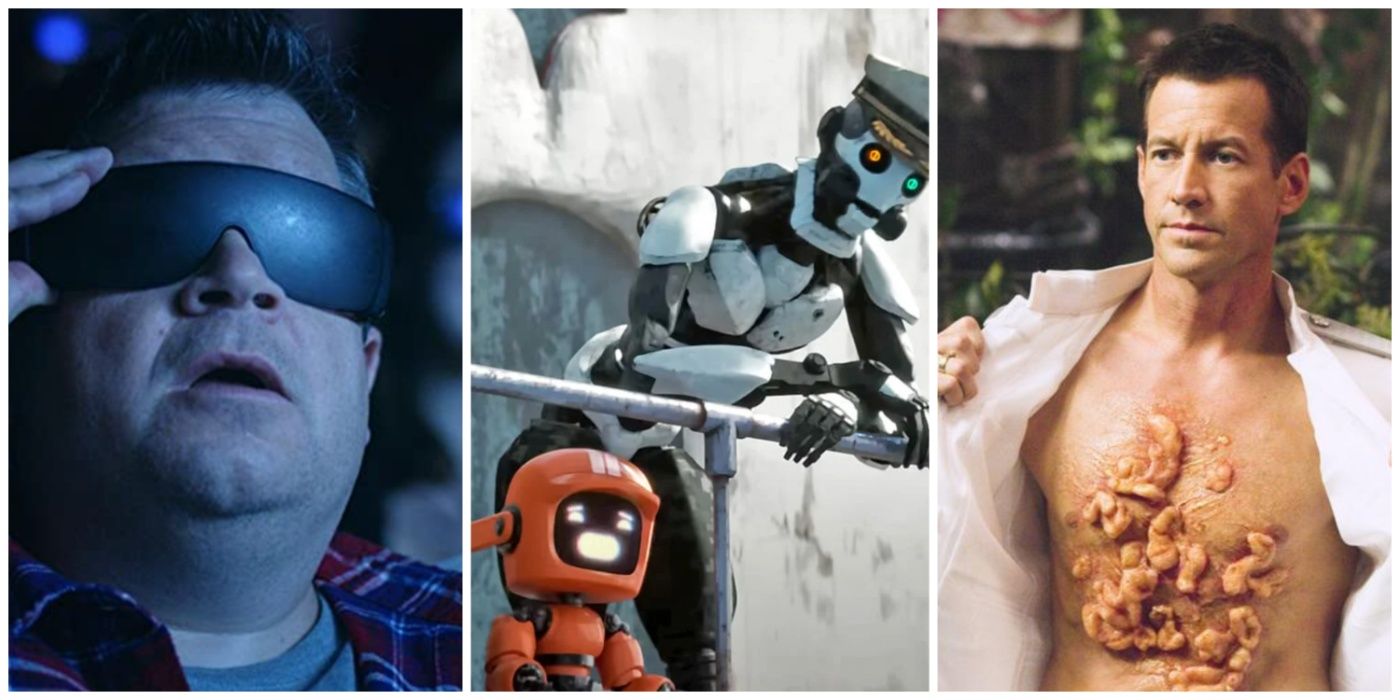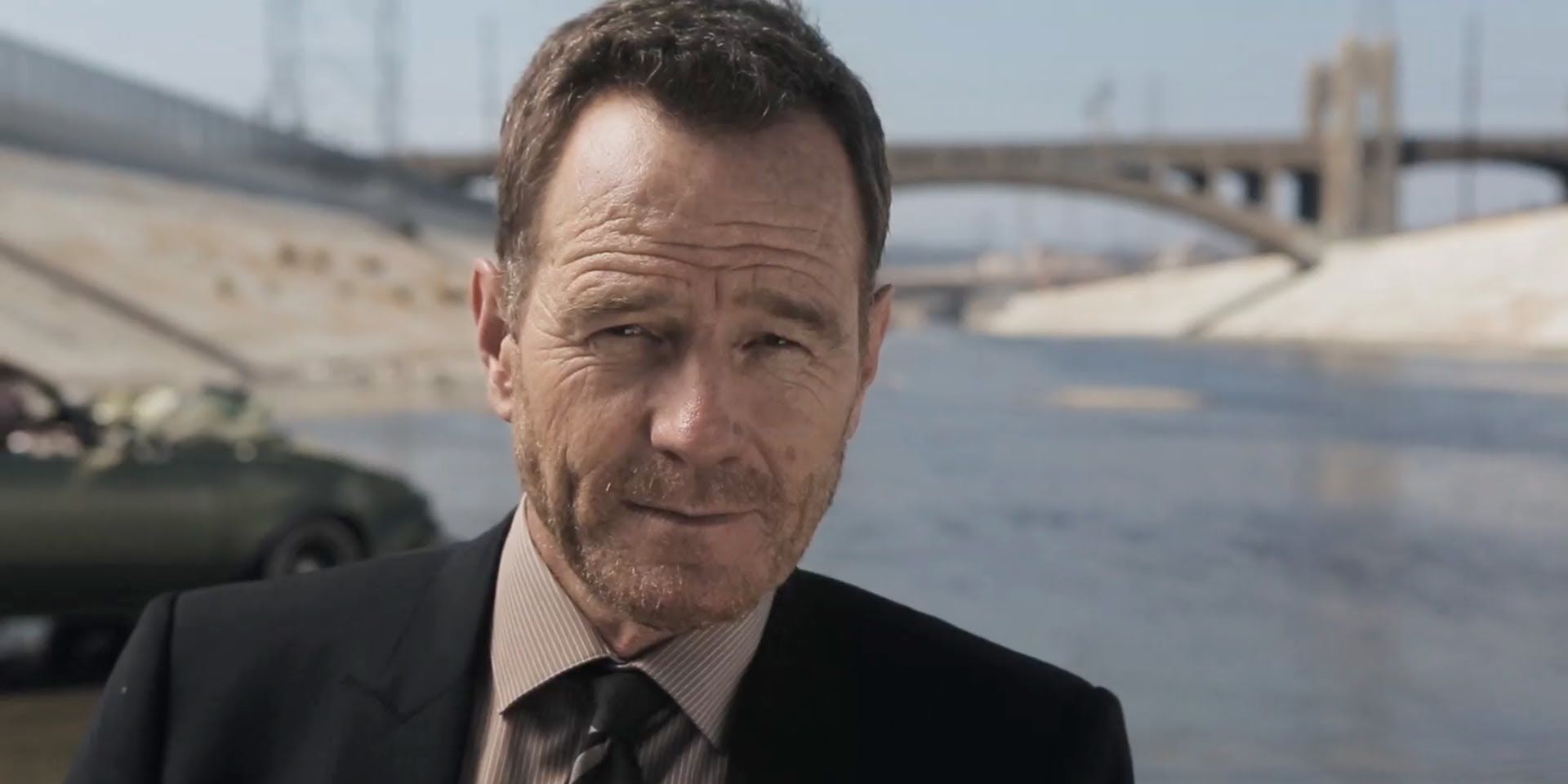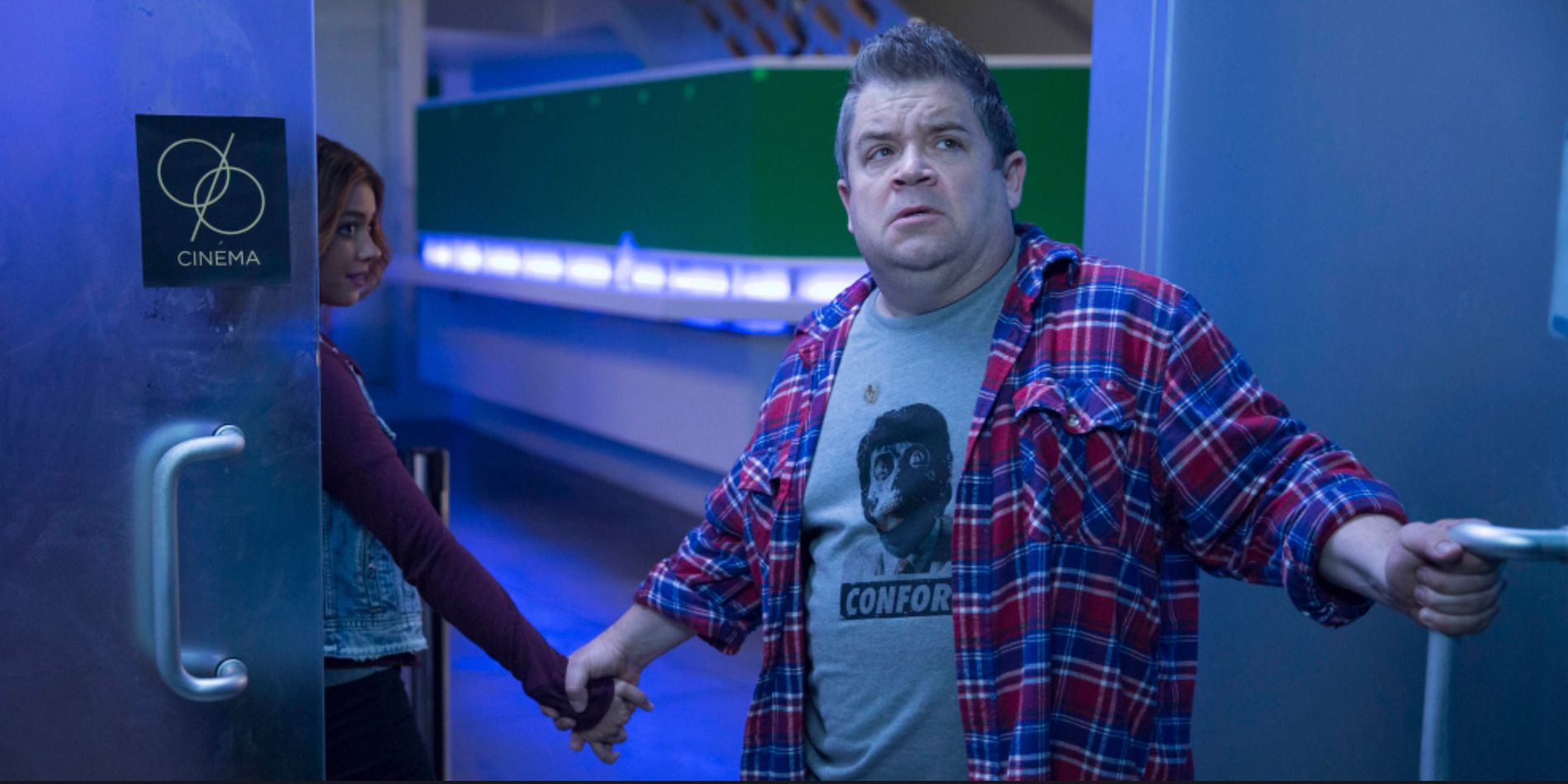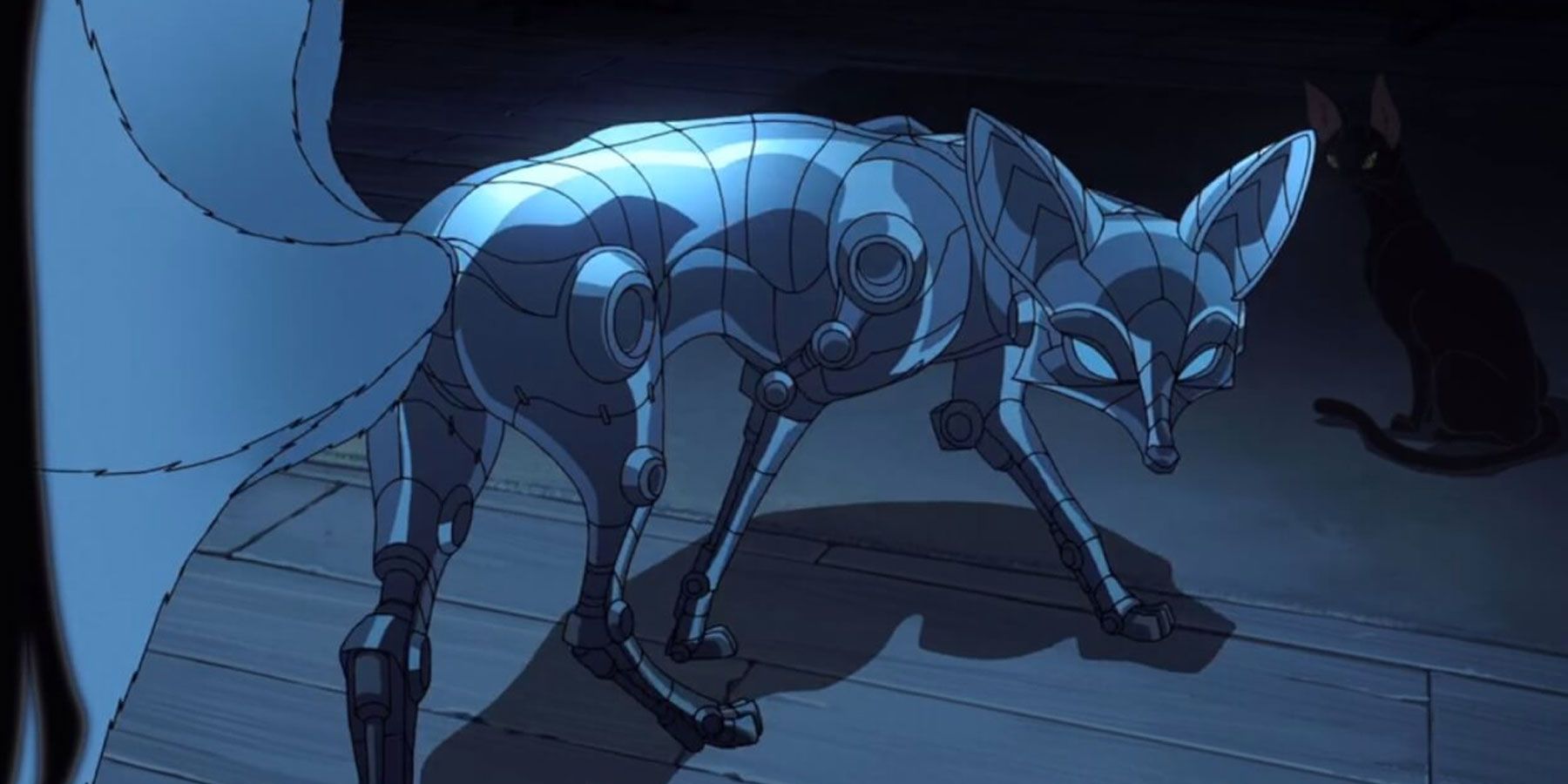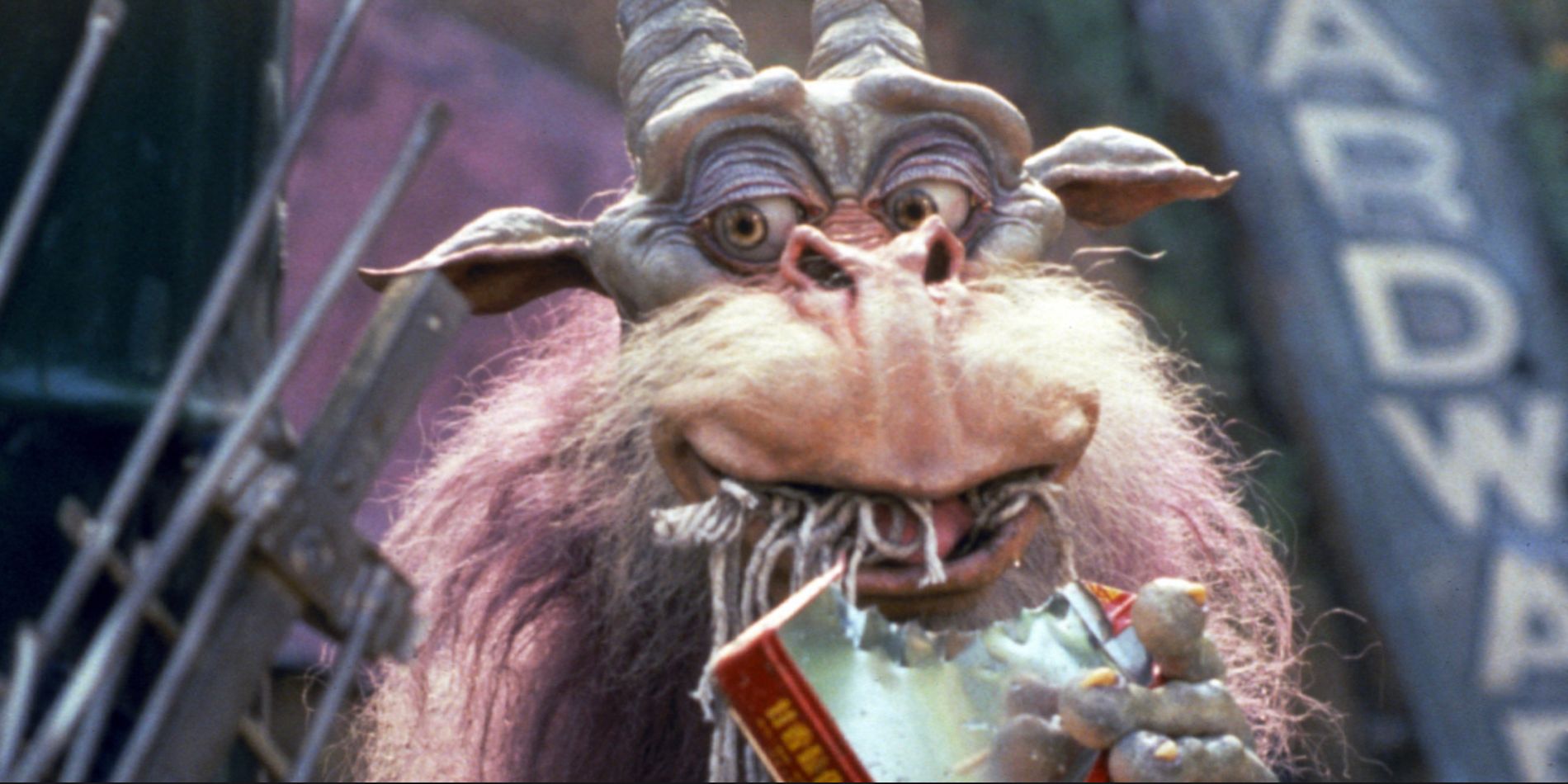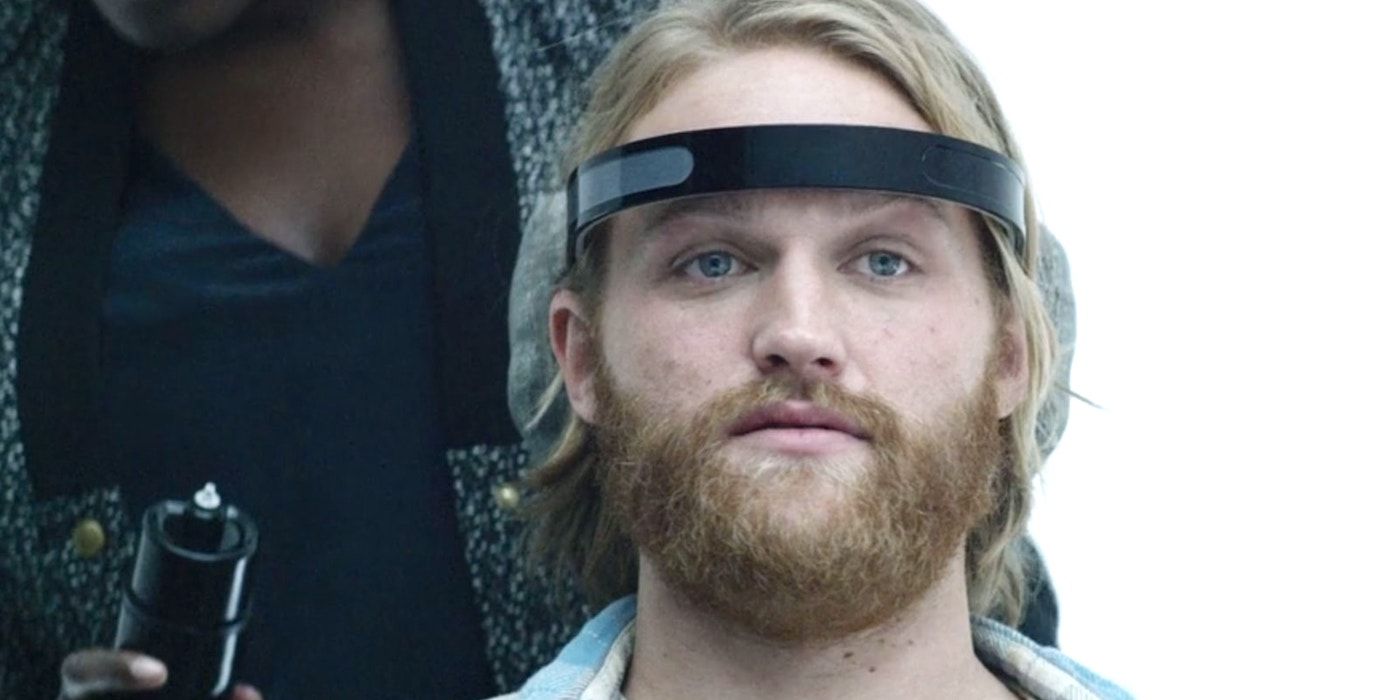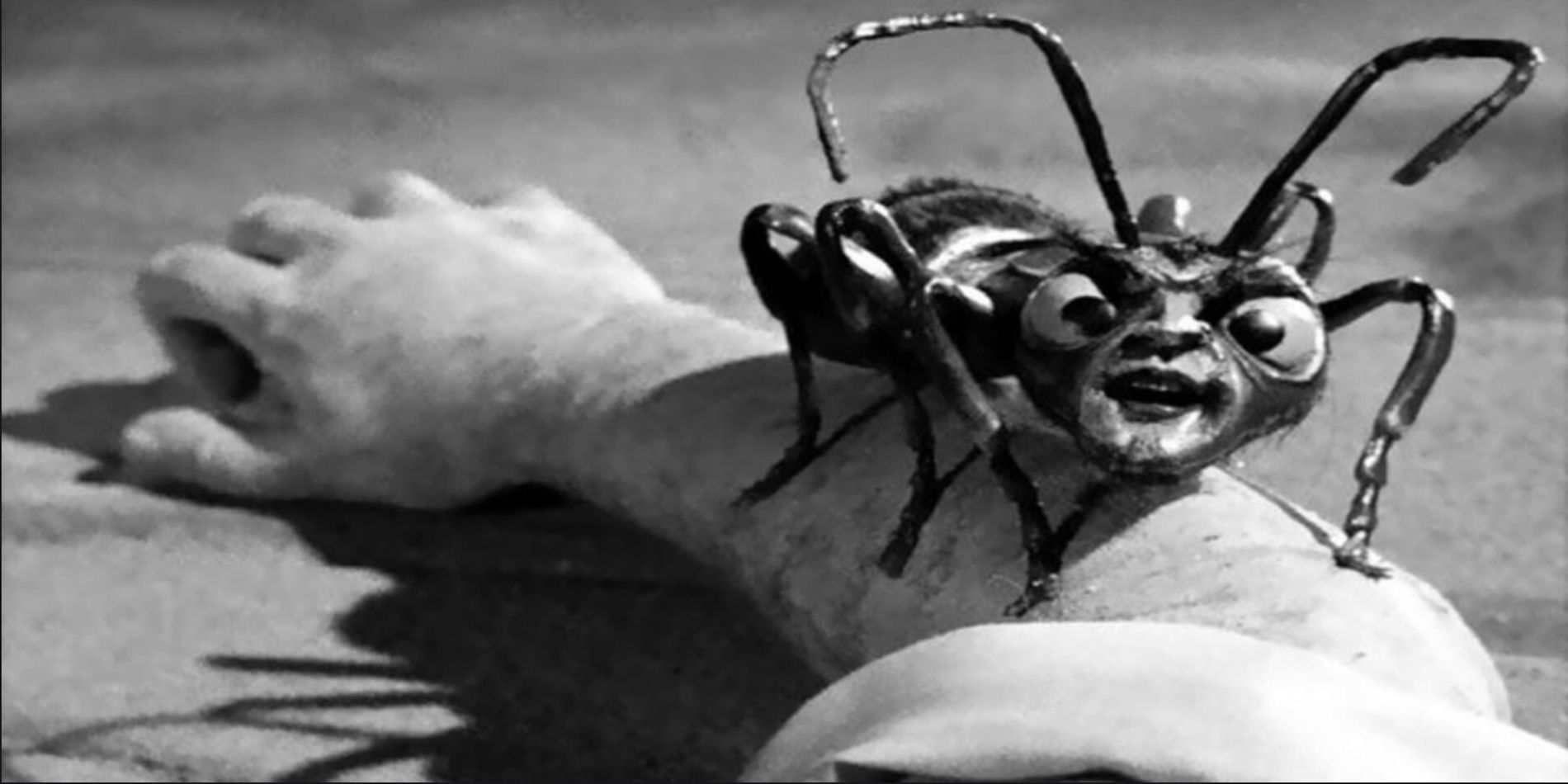Television has never been more daring and genre-friendly, but this is particularly true when it comes to science fiction. Sci-fi is in the middle of a Renaissance where streaming services finally have the budget to indulge in expansive sci-fi series that don’t have to sell themselves short. Additionally, anthology storytelling has become a popular formula for modern television that allows a powerful theme to link together otherwise disparate episodes or seasons of content.
Science fiction works well with anthology series because episodes can get in and get out with compelling ideas that don’t need to be able to sustain multiple seasons of storytelling. Sci-fi and anthology fans have many appealing options, but some sci-fi anthology series stand out more than the rest.
10 Perversions Of Science
1 Season, 10 Episodes
Tales from the Crypt was one of HBO’s first big original series, and it’s still regarded as a top-tier horror anthology series. Its success led to the same team pulling from science fiction-centric EC Comics series like Weird Science and Weird Fantasy for the one-season wonder, Perversions of Science.
Despite closely sticking to Tales from the Crypt’s pulpy genre formula (right down to its scandalous female robot host, Chrome), Perversions of Science didn’t catch on similarly. Like Tales from the Crypt, Perversions of Science combines strong writers and directors with A-list actors.
9 Philip K. Dick's Electric Dreams
1 Season, 10 Episodes
Philip K. Dick's Electric Dreams was positioned as Amazon Prime Video's worthy competitor to Netflix's Black Mirror. In the end, Electric Dreams has become a forgotten footnote in the streaming wars, but its material holds up and merits a rewatch even if there won't be any new content.
Each episode of Electric Dreams delivers a passionate adaptation of one of Philip K. Dick's science fiction stories, all of which benefit from top acting talent, including Bryan Cranston, Maura Tierney, Juno Temple, and Steve Buscemi. Electric Dreams isn’t perfect, but it’s likely the only time some of these Philip K. Dick stories will ever be adapted.
8 Dimension 404
1 Season, 6 Episodes
Sci-fi series that take themselves too seriously can become embarrassing genre efforts when their ideas don't pan out properly. There's a lot of freedom to be found in seeing the inherent humor in some of science fiction's broader tropes. Dimension 404 intentionally leans into the audience's familiarity with sci-fi and the absurdity of the genre.
Each episode of the short-lived Hulu anthology series is a dark comedy that tackles modern ideas like dating apps, 3D movies, and competitive first-person shooters. Dimension 404 is far from high art, but it never attempts to be anything more than fun sci-fi distraction.
7 Tales From The Loop
1 Season, 8 Episodes
Nathaniel Halpern's Tales from the Loop takes a different approach to the art of adaptation, and this eight-episode anthology series is actually based upon expressive artwork by Swedish artist Simon Stålenhag. Tales from the Loop's unique source material allows stories to take plenty of liberties in order to express its existential ideas.
Seemingly disparate storylines come together in a combination of anthology storytelling and serialized drama, all of which underscores the theme that nothing is impossible. Characters witness unprecedented sights that push them out of their comfort zones and make them ready to seize life in a manner that's oddly inspirational for a sterile sci-fi series.
6 Masters Of Science Fiction
1 Season, 6 Episodes
Masters of Horror successfully ran for two seasons (three if Fear, Itself is included) that found strength in its ability to recruit acclaimed horror filmmakers to mastermind the episodes. Coming from some of the same producers, Masters of Science Fiction adopts the same approach, albeit more with its episodes' writers, which included stories by Robert A. Heinlen, Harlan Ellison, and Robert Sheckley.
Master of Science Fiction only lasted for six episodes. However, each entry is an entertaining and unique sci-fi deep dive that covers topics like exiled mutants, alien invasions, and radical updates on the criminal justice system.
5 Love, Death + Robots
3 Seasons, 35 Episodes (Ongoing)
Animated anthology series have become popular over the past few years with Star Wars: Visions and The Boys Presents: Diabolical. Netflix’s Love, Death + Robots has been a steady provider of groundbreaking animation that’s penetrated science fiction in unique ways.
All the stories in Love, Death + Robots feature some type of mechanical creation, but eclectic animation styles, genres, and episode lengths keep the anthology series fresh. It’s one of the most exciting places to see ambitious animated visuals. David Fincher has even directed an episode. A fourth batch of episodes has been confirmed for 2023, so there’s at least a little more of Love, Death + Robots to come.
4 Amazing Stories
2 Seasons, 45 Episodes
Many acclaimed filmmakers have been entrusted with anthology series as a canvas to tell more genre stories, and even Steven Spielberg had his own version of this in Amazing Stories from the '80s. While also occasionally dipping its toe into fantasy and drama, in addition to sci-fi, Amazing Stories benefits from several episodes being directed by Spielberg himself, while others are helmed by Joe Dante, Robert Zemeckis, and even an animated offering from Brad Bird.
There was a lot of momentum behind Amazon Prime Video's 2020 revival of Amazing Stories. Unfortunately, it came and went after five mediocre entries.
3 Room 104
4 Seasons, 48 Episodes
Created by Mark and Jay Duplass, Room 104 ran on HBO for four seasons as a jack-of-all-trades anthology series that doubled as experimental lessons in minimalism. The one common factor in each Room 104 episode is that they're always contained to the titular room of a tiny hotel.
Episodes are restricted to this single location, but they're wildly different in tone and genre, highlighting anthology storytelling's limitless nature. Room 104 keeps itself fresh between its storytelling genres, but its sci-fi tales are among the series' best. Room 104 knows how to be contemplative and cryptic so that these unusual genre tales inspire debate.
2 Black Mirror
6 Seasons, 27 Episodes (Ongoing)
Charlie Brooker’s Black Mirror has become this generation’s Twilight Zone with technology-centric horror stories that reflect humanity’s hopeless reliance on computers. Black Mirror’s first two seasons are especially nihilistic and bleak, but the anthology series Netflix years have taken on a much broader perspective, for both better and worse.
Science fiction and technology remain the priority and common throughline in Black Mirror, but it’s become increasingly common to get episodes that are silly comedies and light-hearted parodies. Unfortunately, the real world continues to catch up to Black Mirrorat an alarming rate, but even when episodes are misfires, they at least explore creative ideas.
1 The Outer Limits (1963)
2 Seasons, 49 Episodes
The Outer Limits is an anthology classic that’s often lived in the shadows of The Twilight Zone, even though the former contains some really powerful and inventive stories. The Outer Limits covers a wide spectrum of sci-fi, and much like in the case of The Twilight Zone, some legendary science fiction writers helped pen episodes, including Harlan Ellison and Robert Towne.
Psycho's Joseph Stefano was even the first season's creative showrunner, ostensibly acting as their de facto Rod Serling. The Outer Limits reboot from ‘97 tells some moving stories, including some sequels to the original series, but it’s the ‘60s iteration that leaves the greatest impact on the sci-fi genre.

